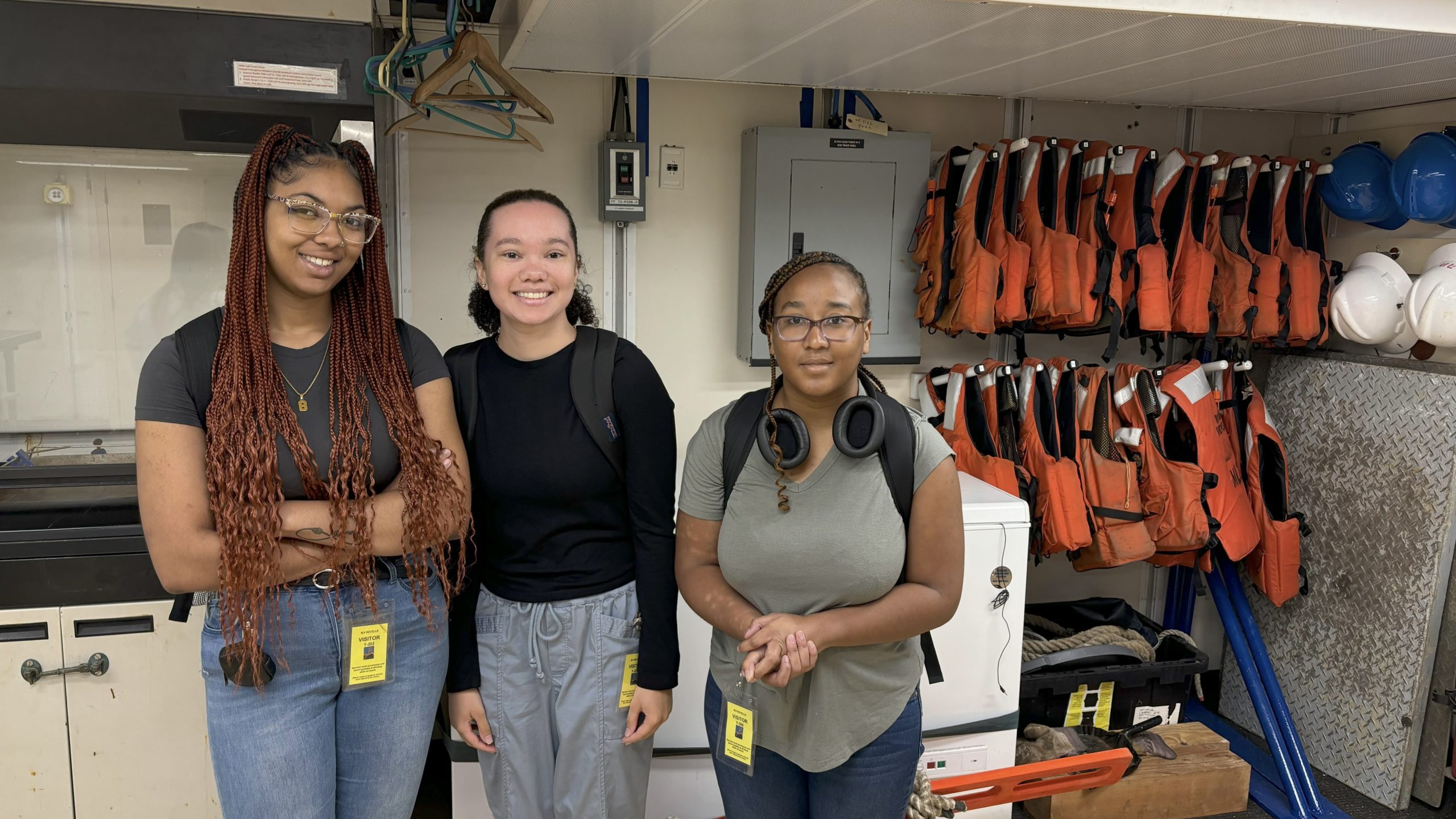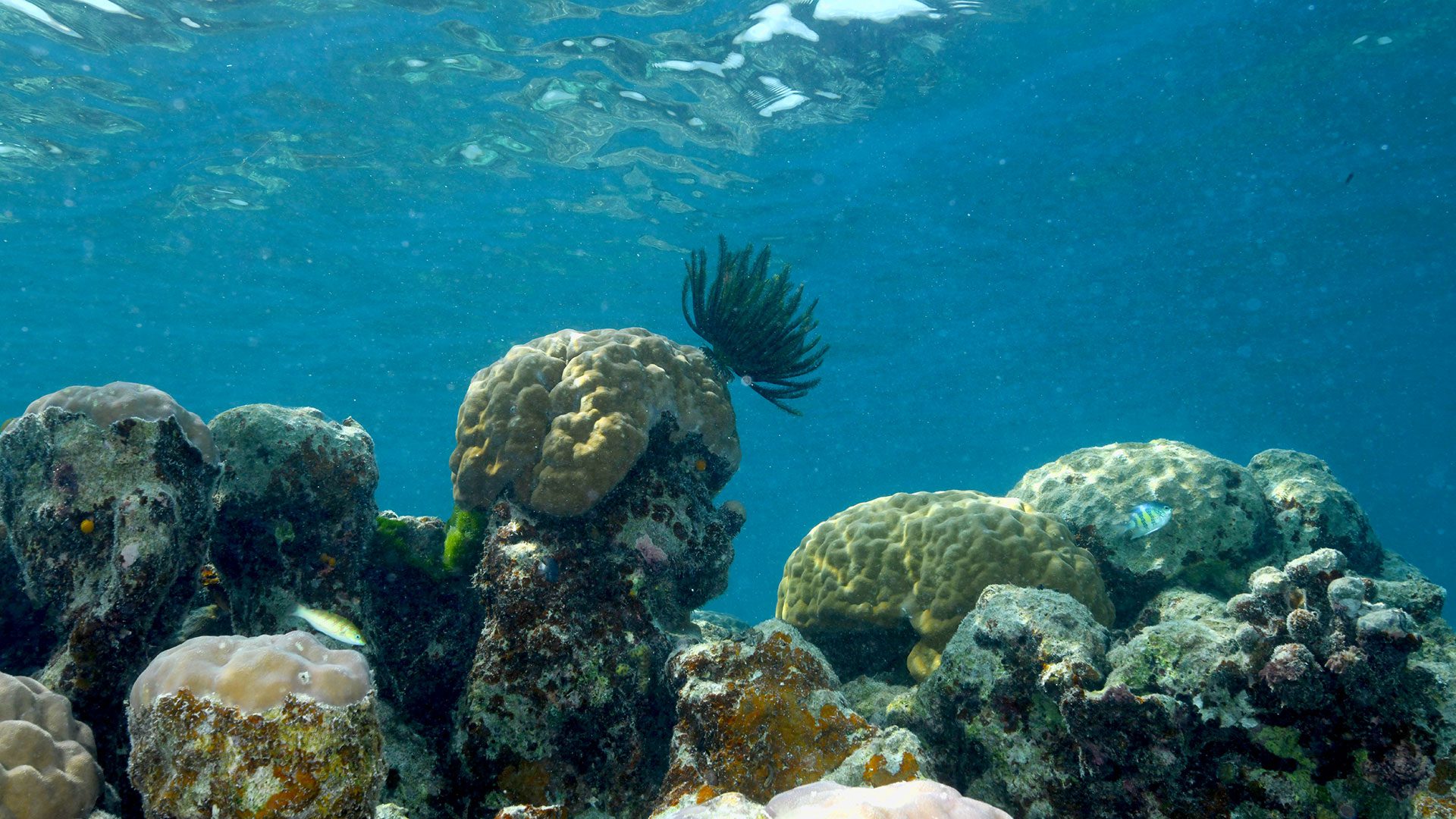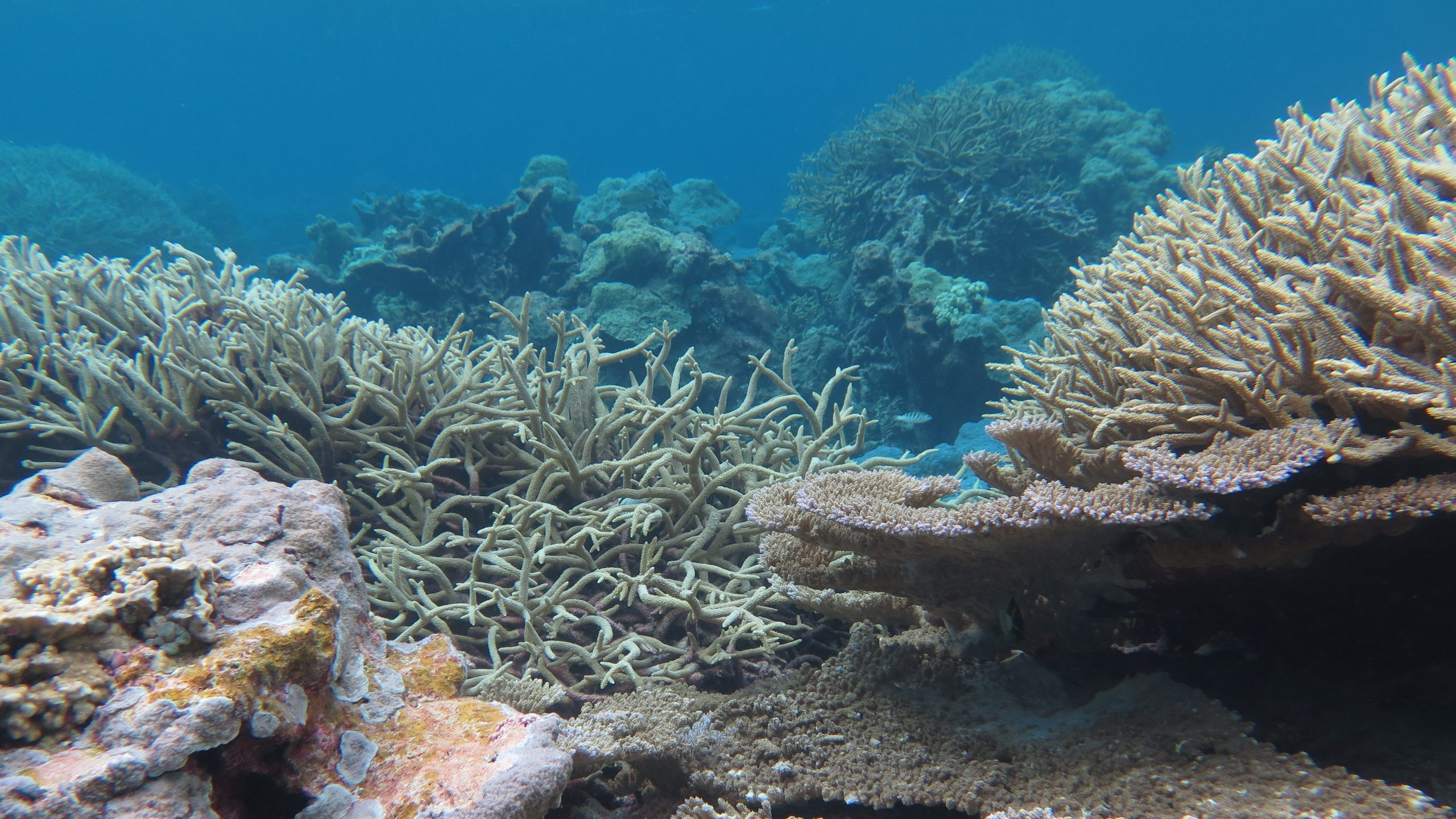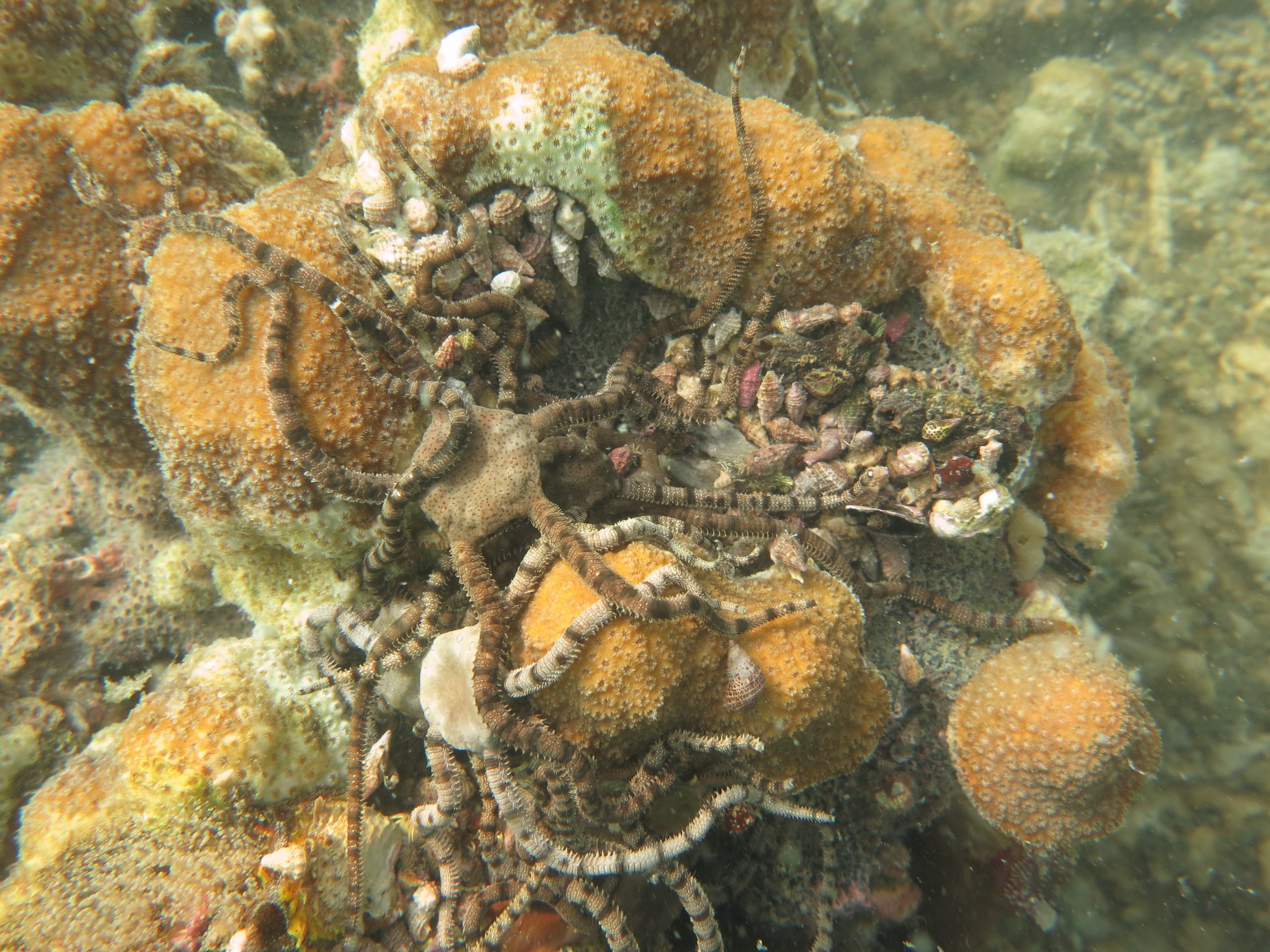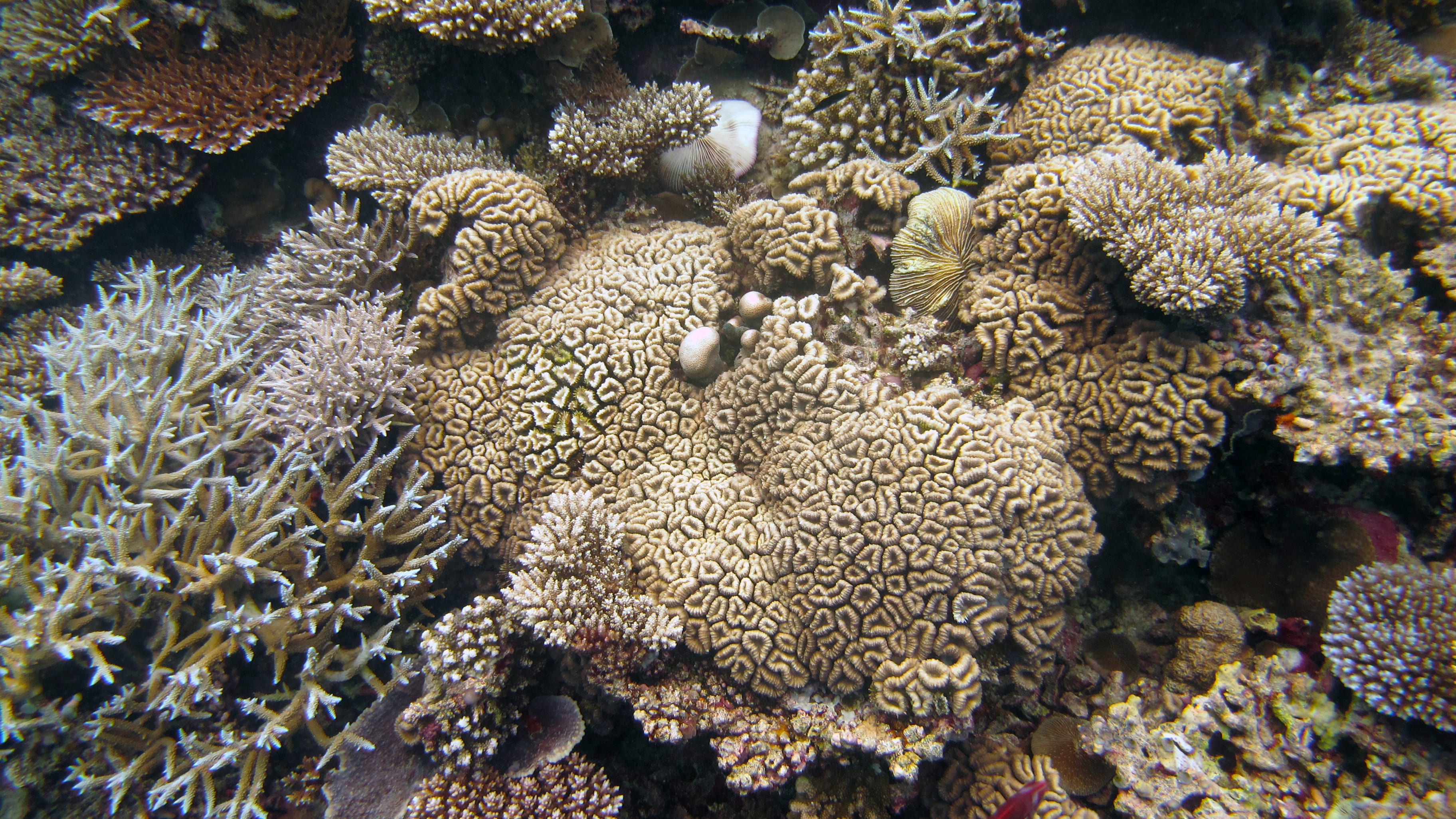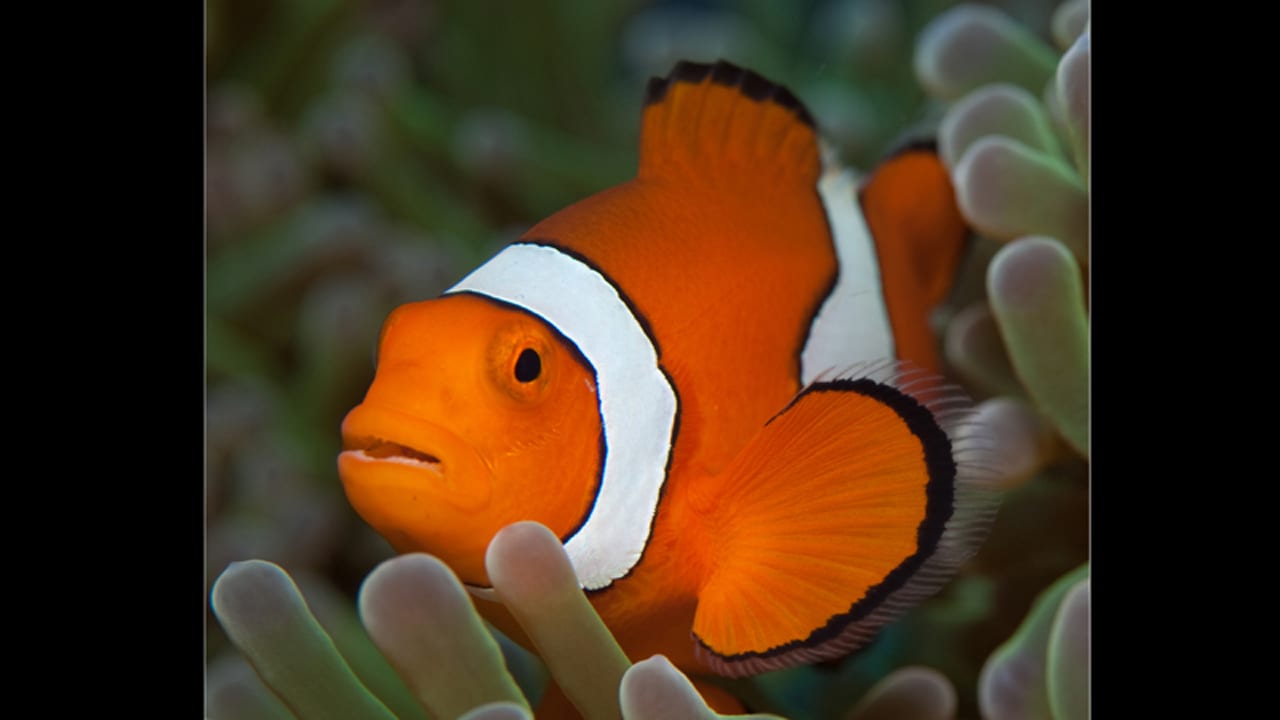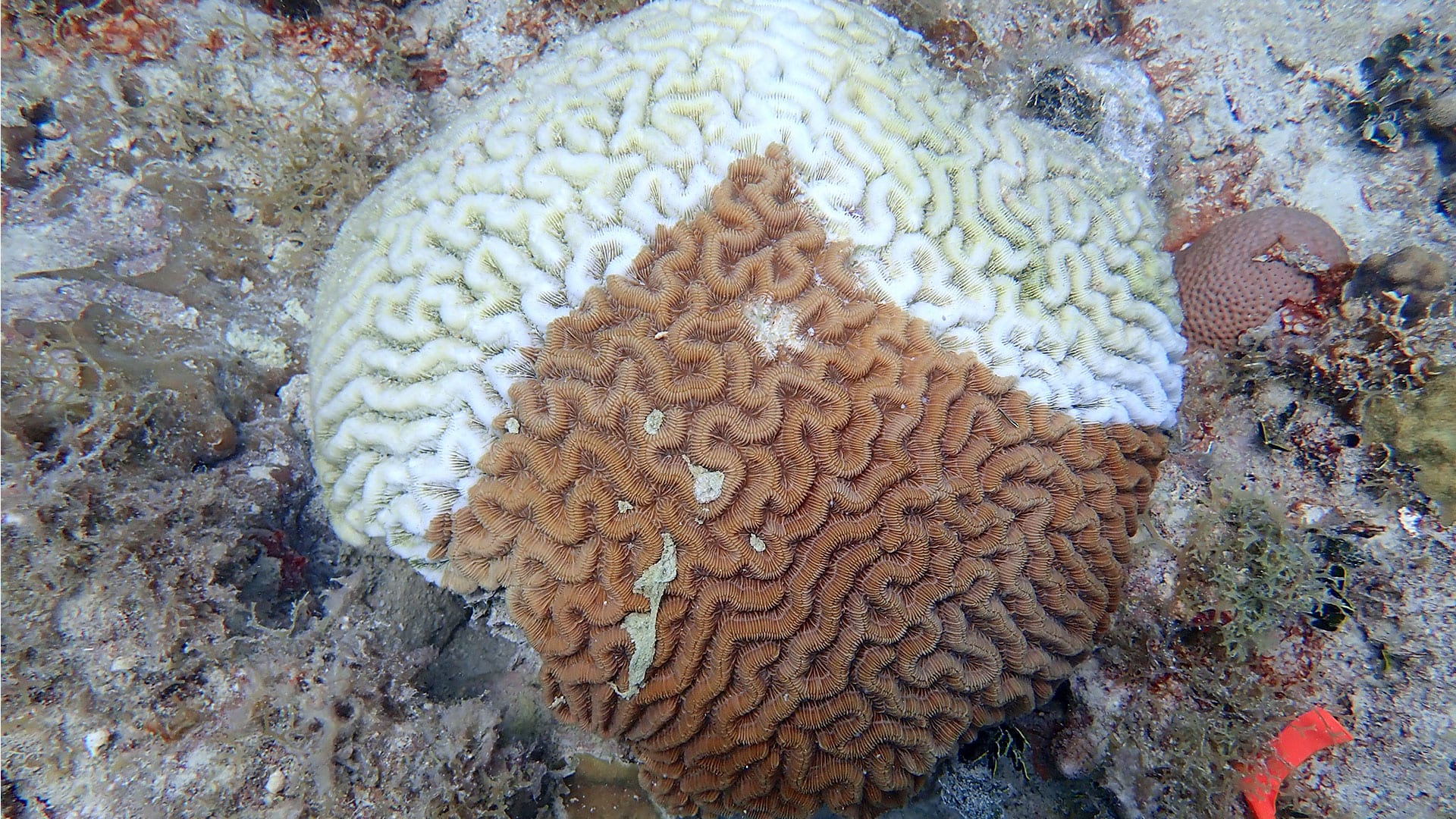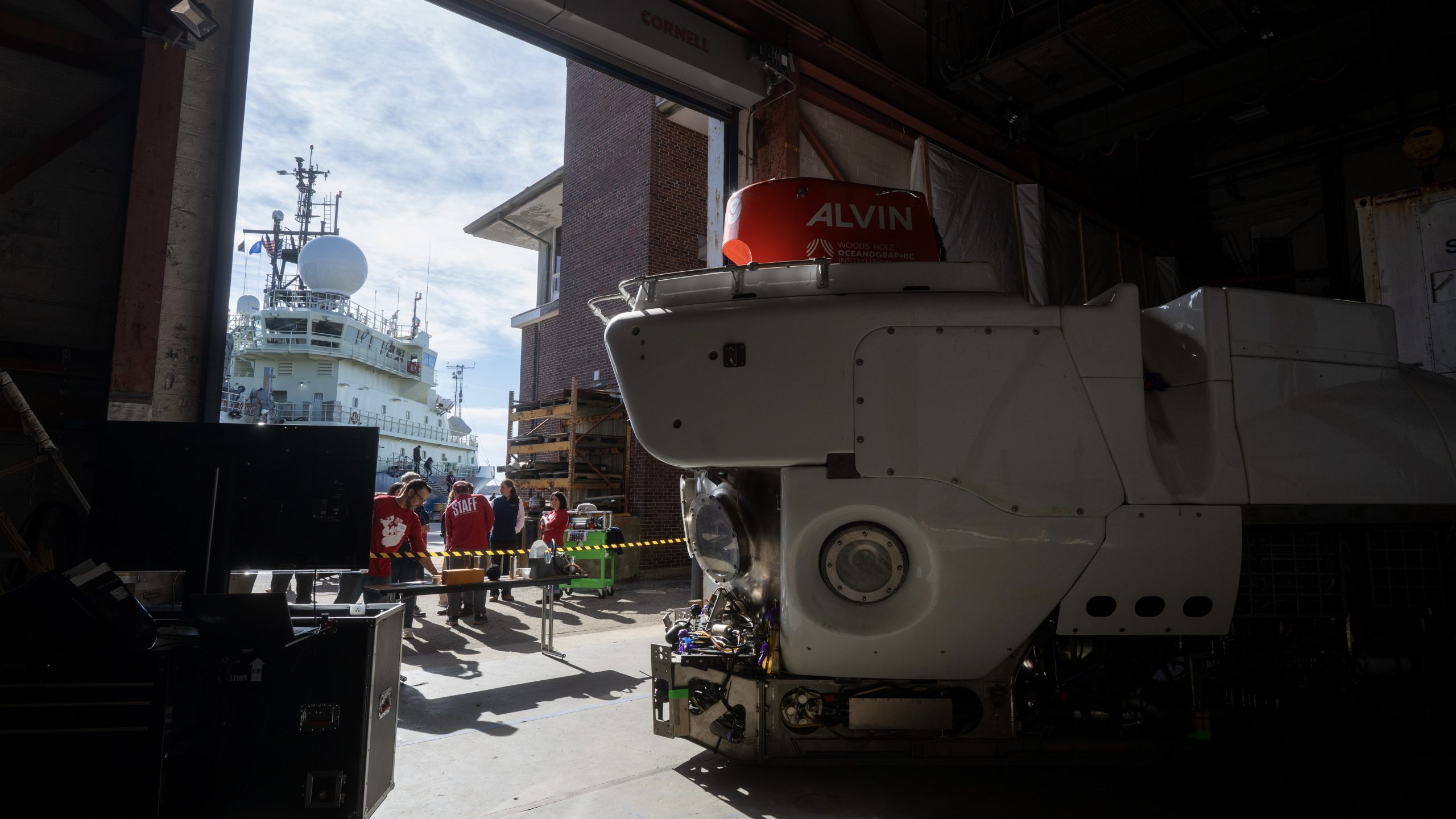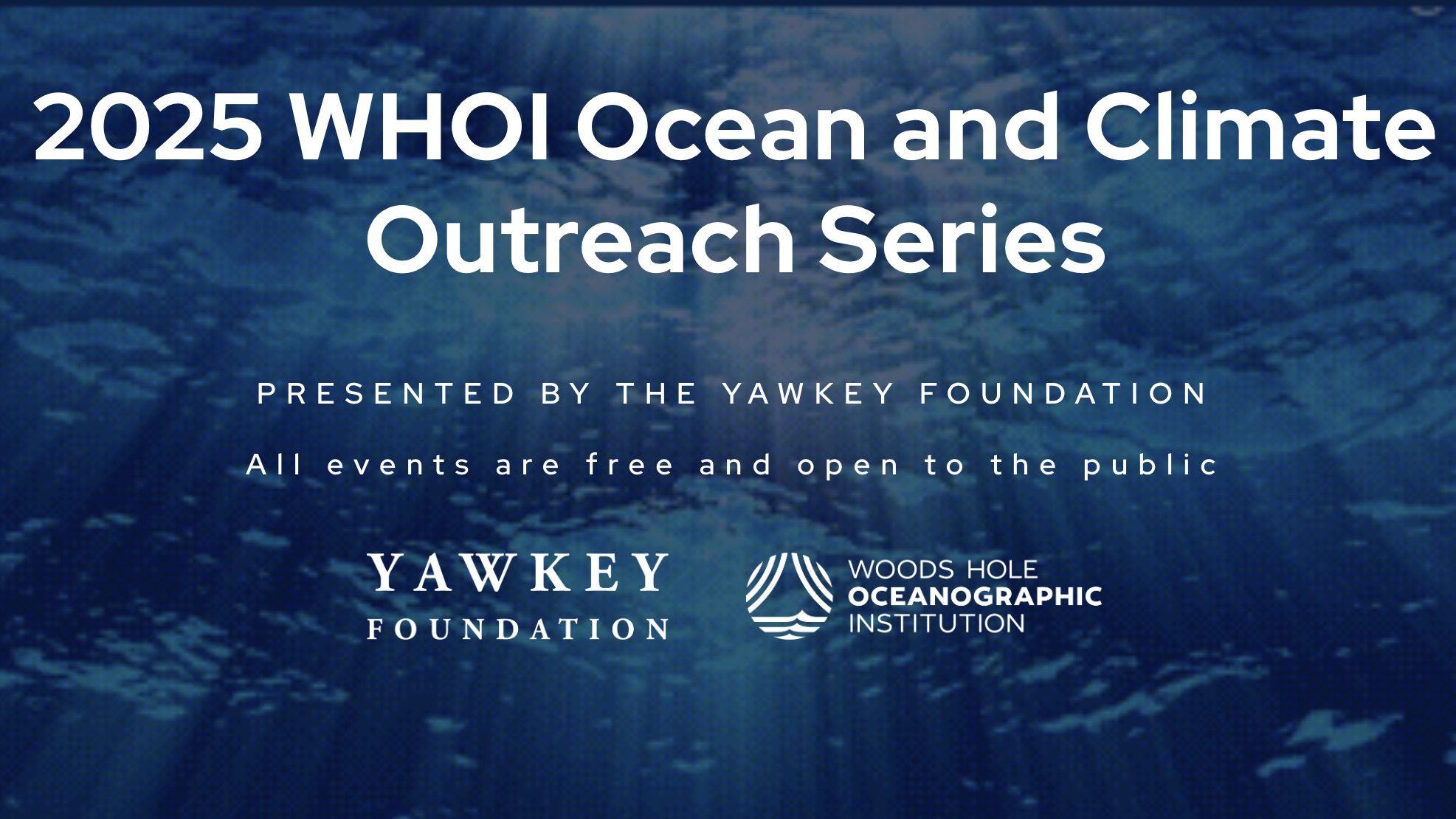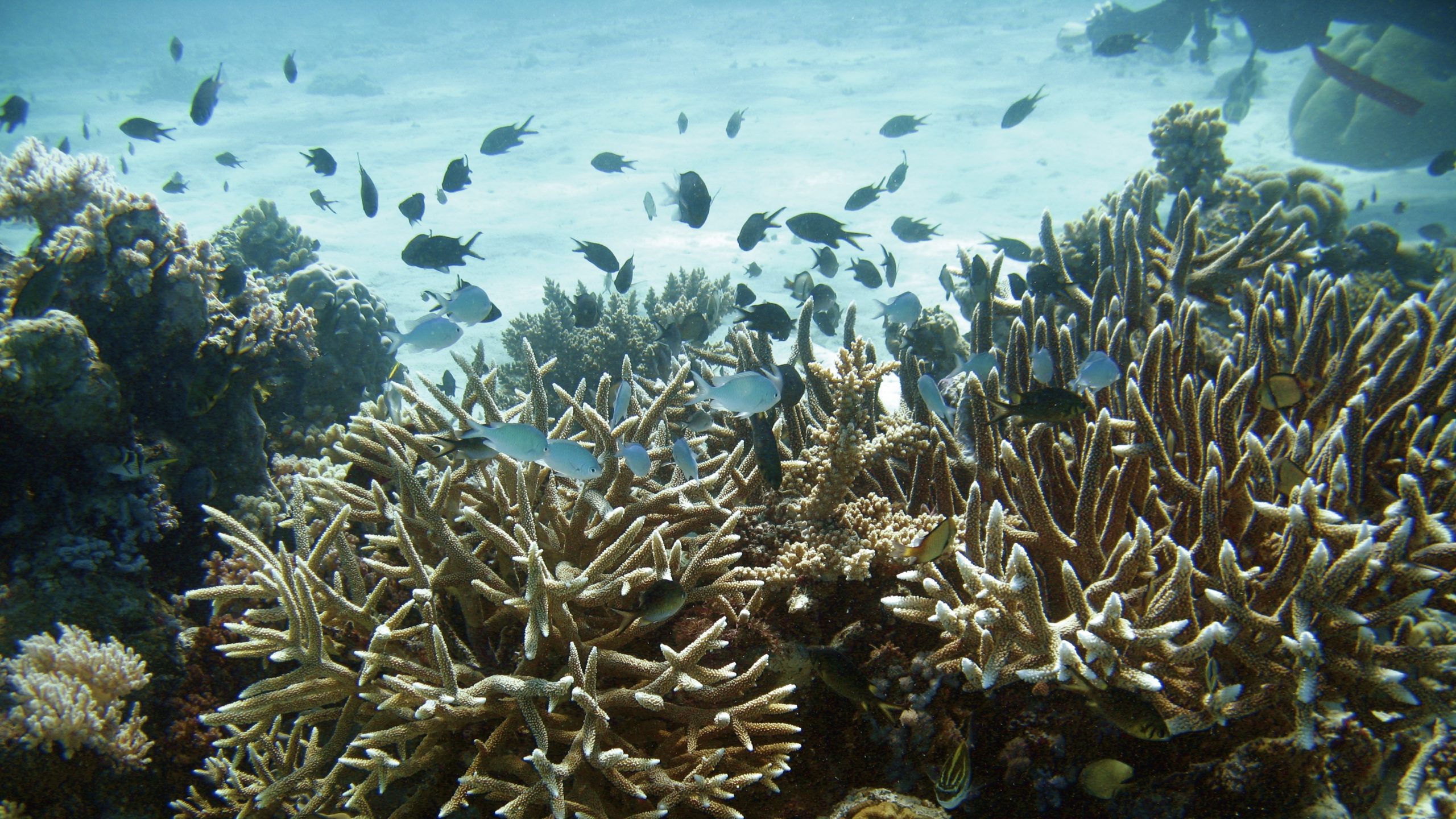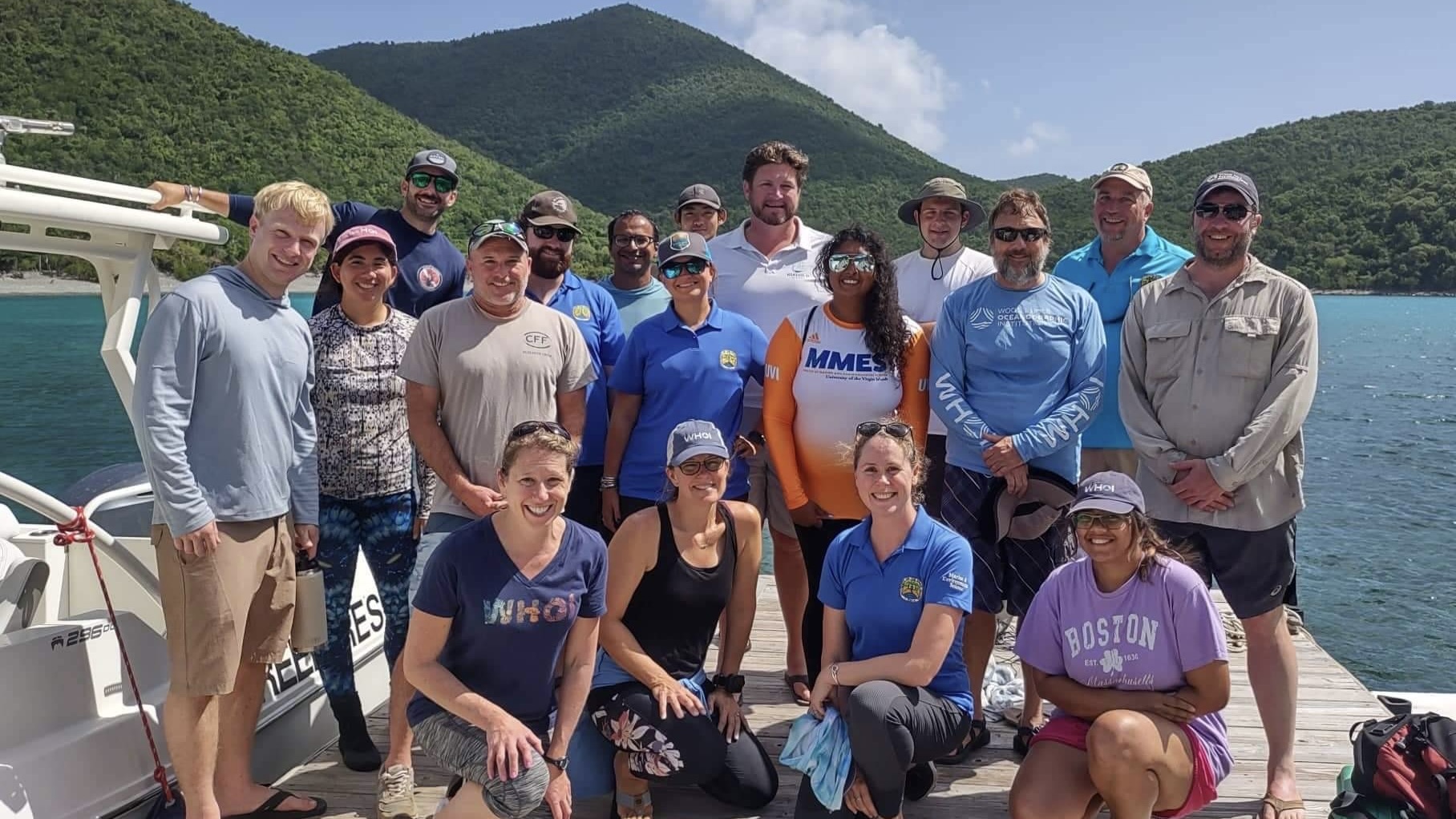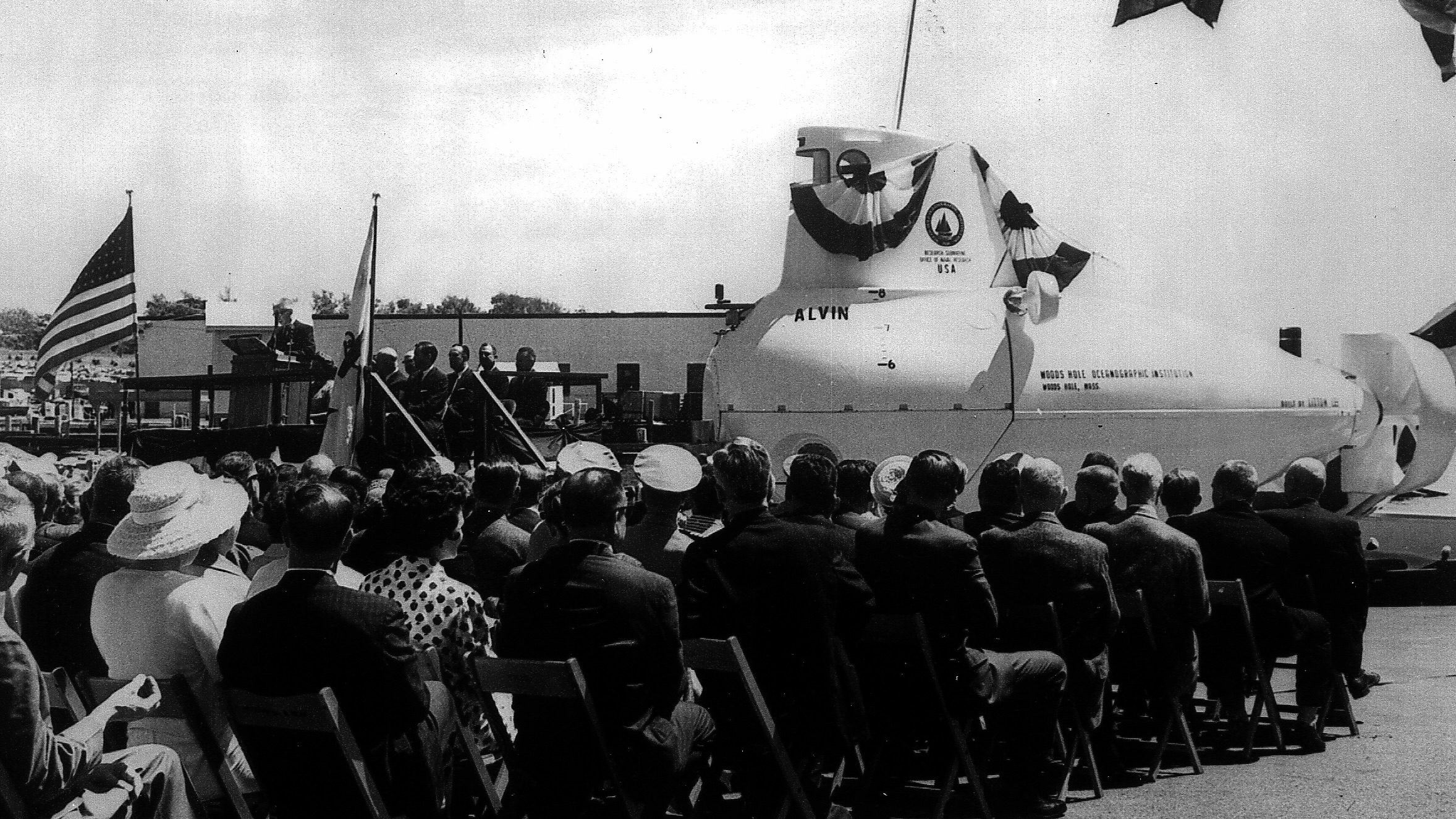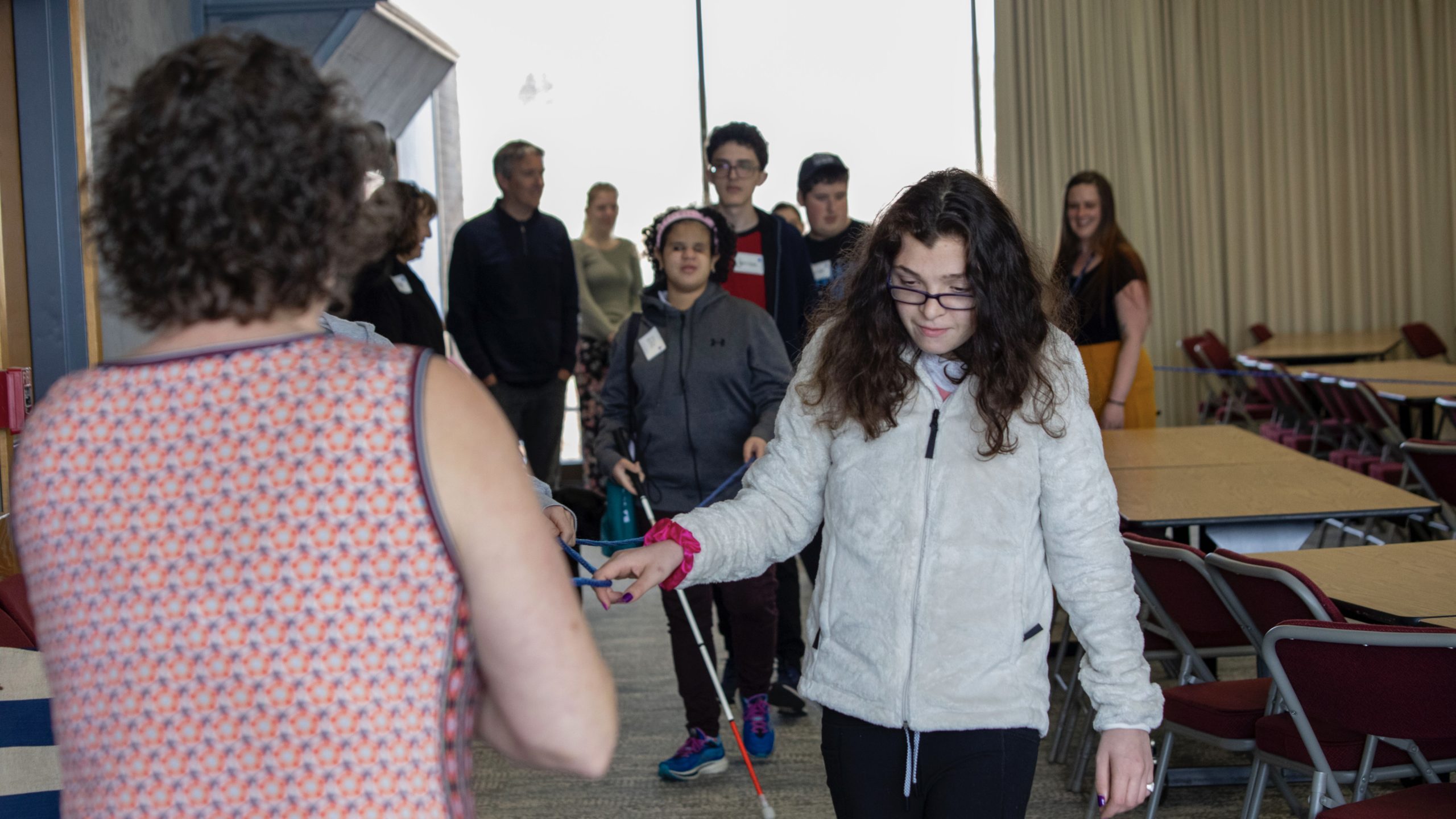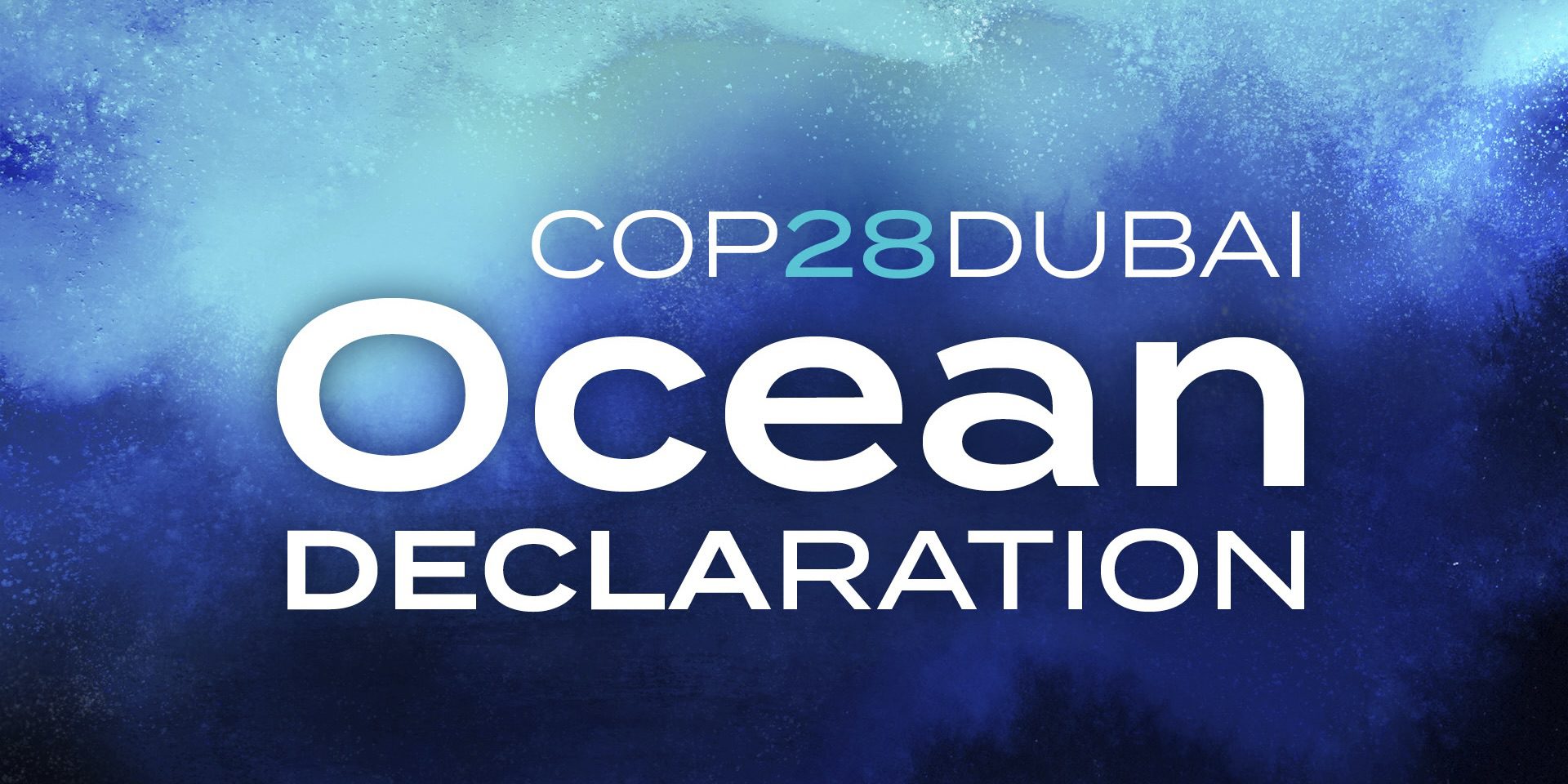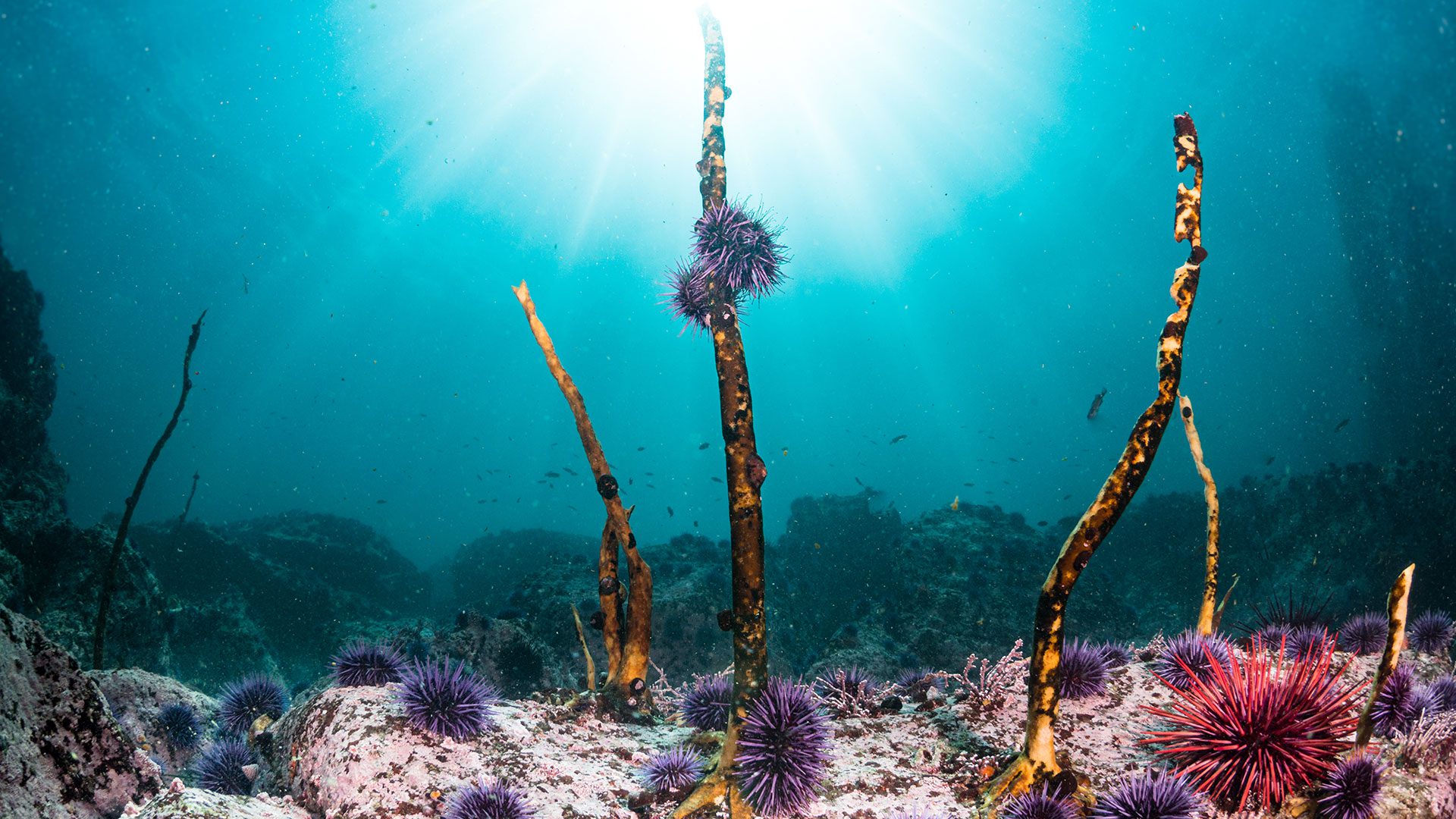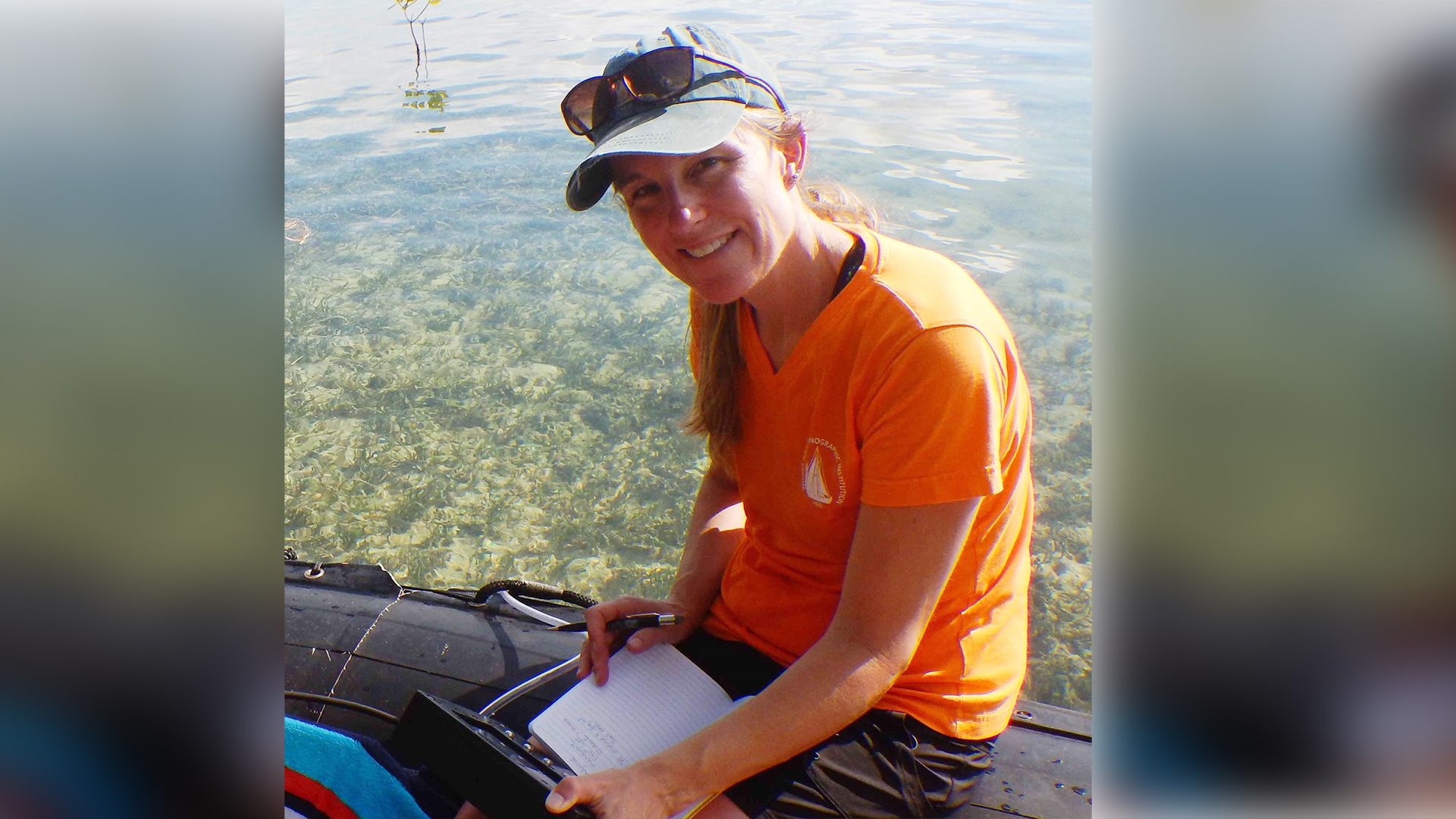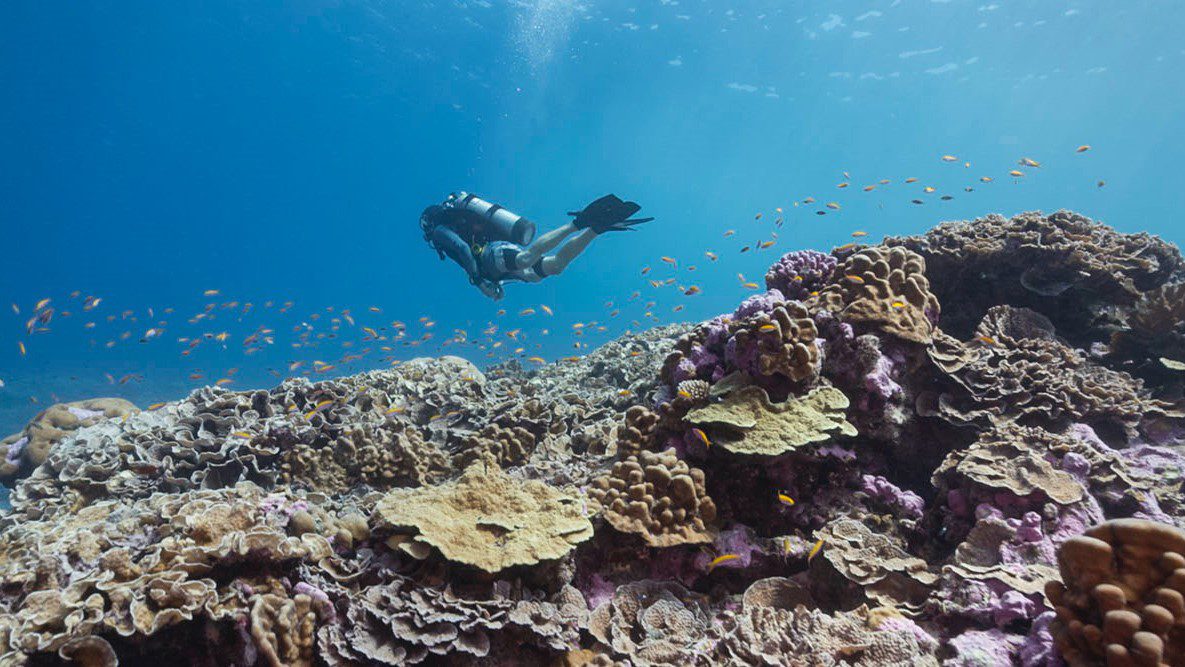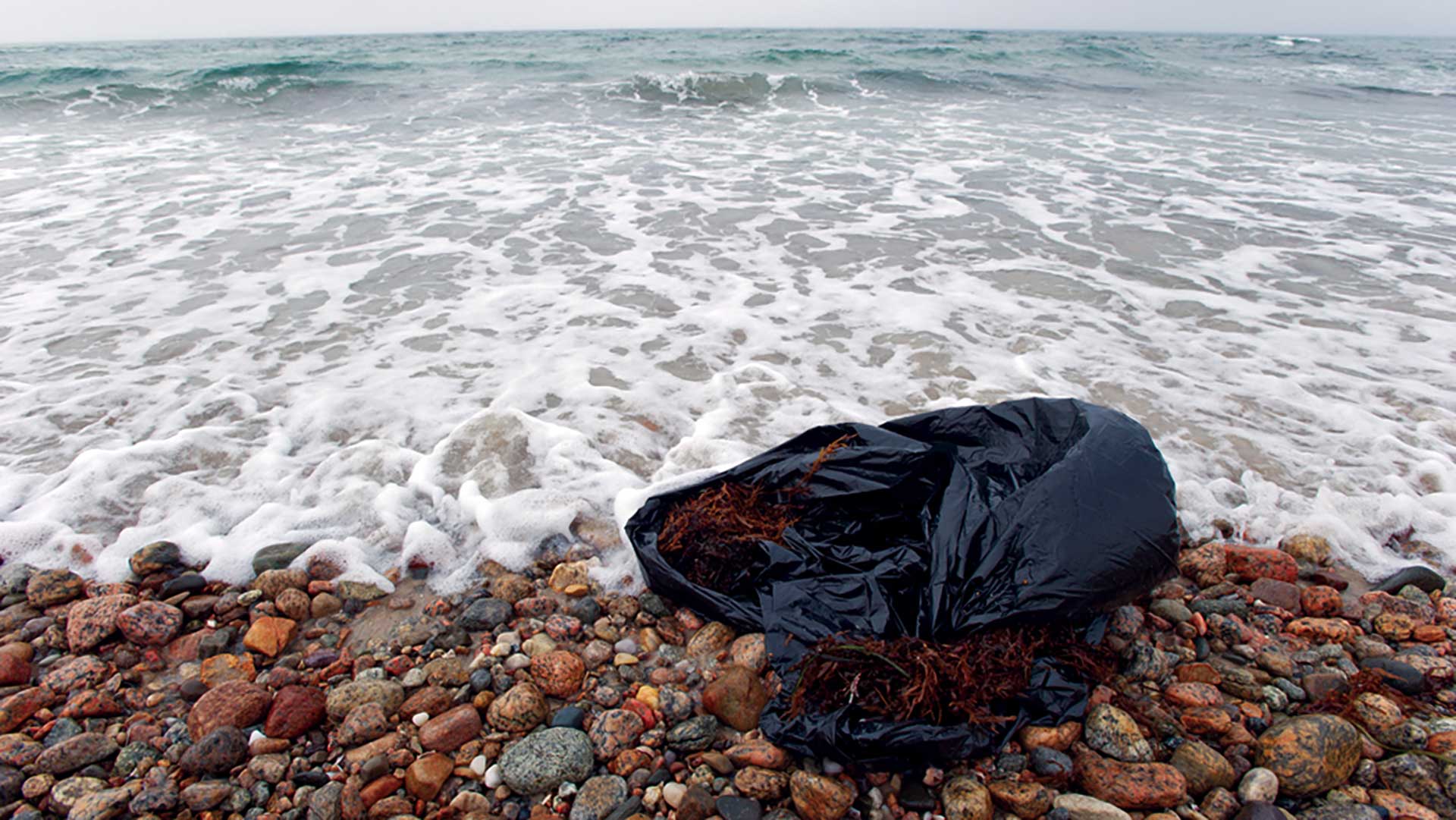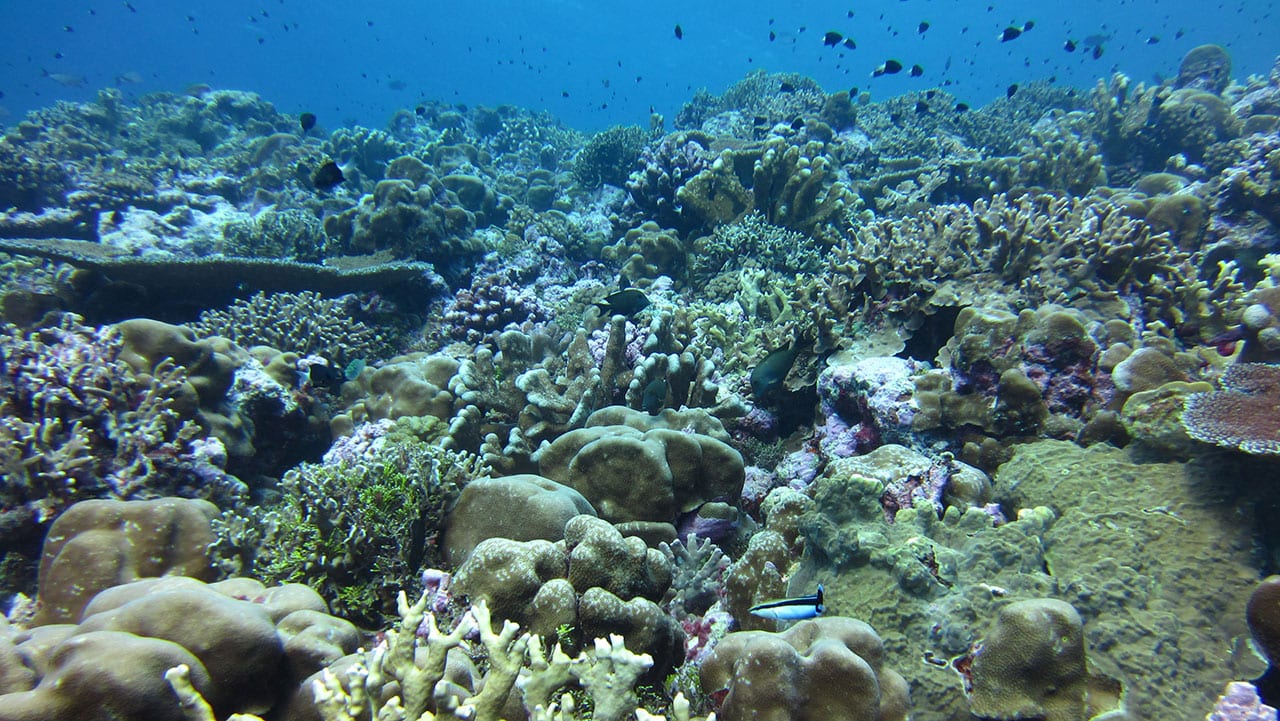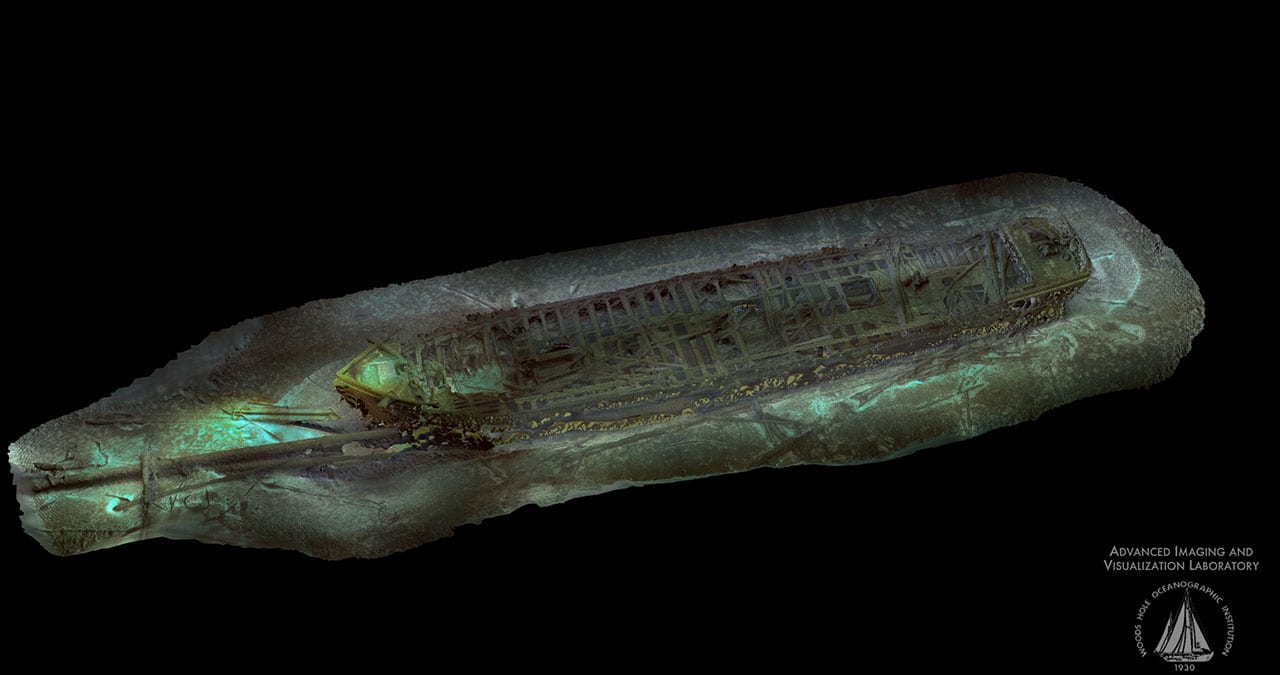News Releases
Pacific Islands May Become Refuge for Corals in a Warming Climate, Study Finds
Scientists have predicted that ocean temperatures will rise in the equatorial Pacific by the end of the century, wreaking havoc on coral reef ecosystems. But a new study shows that climate change could cause ocean currents to operate in a surprising way and mitigate the warming near a handful of islands right on the equator. As a result these Pacific islands may become isolated refuges for corals and fish.
Read MoreBlack Girls Dive Foundation Launches Program in Partnership with Woods Hole Oceanographic Institution
Three BGDF scholars will participate in the BGD IMPETUS-Internship at WHOI. This paid, 10-week summer program provides an opportunity for BGD Scholars to engage in cutting-edge research.
Read MorePalau’s Rock Islands Harbor Heat-resistant Corals
Scientists studying reefs in Palau have identified subgroups of a coral species that exhibit remarkable tolerance to the extreme heat associated with marine heatwaves
Read MoreWHOI multidisciplinary team selected for prestigious National Science Foundation Program
Woods Hole Oceanographic Institution (WHOI) has been selected by the U.S National Science Foundation (NSF) for phase one of a two-part Convergence Accelerator Program, a $21 million investment to advance use-inspired solutions addressing national-scale societal challenges. WHOI is one of sixteen teams across the US chosen to participate in Track E: The Networked Blue Economy, which aims to create a smart, integrated, connected, and open ecosystem for ocean innovation, exploration, and sustainable utilization.
Read MoreWhat happens to marine life when oxygen is scarce?
A new study co-led by WHOI postdoctoral scholar Maggie Johnson looks closely at the changes occurring in both coral reef and microbial communities near Bocas del Toro during sudden hypoxic events, which occur when there is little to no oxygen in a given area of water.
Read MoreNew study measures how much of corals’ nutrition comes from hunting
A new study reveals that more of corals’ nutrients come from hunting than previously expected, information that may help predict the fate of coral reefs as global ocean temperatures rise.
Read MoreWHOI Researchers to Participate in Science and Film Panels at the Woods Hole Film Festival
In an era of rapid scientific and technological innovation, finding new and engaging ways to bring science to mainstream audiences is a necessity. This summer, the Wood Hole Oceanographic Institution…
Read MoreTravel Distances of Juvenile Fish Key to Better Conservation
WHOI scientists and their international colleagues conducted the largest, most comprehensive study of larval dispersal at coral reefs. Their findings have important implications for the sizing and spacing of marine reserves.
Read MoreDiverse Corals Persist, But Bioerosion Escalates in Palau’s Low-pH Waters
As the ocean absorbs atmospheric carbon dioxide (CO2) released by the burning of fossil fuels, its chemistry is changing. The CO2 reacts with water molecules, lowering ocean pH in a process known as ocean acidification. This process also removes carbonate ions, an essential ingredient needed by corals and other organisms to build their skeletons and shells.
Read MoreJames R. Luyten Named Director of Red Sea Science and Engineering Research Center
King Abdullah University of Science and Technology (KAUST) today announced that Dr. James R. Luyten, one of the world’s most respected and accomplished oceanographic researchers, will become Director of the…
Read MoreSeawater microbes offer new, non-invasive way to detect coral disease, WHOI-led study finds
Coral reefs support more than 25 percent of all marine life and underpin the livelihoods of roughly one billion people globally.
Read MoreFor Our Ocean Planet: WHOI launches historic $500 million campaign to ignite ocean discovery and solutions
Backed by global leaders and philanthropists, WHOI launches a landmark campaign to advance the science that protects the ocean, sustains communities, and secures our ocean future.
Read MoreWHOI announces 2025 Ocean & Climate Outreach Series
WHOI and the Yawkey Foundation bring together scientists and community to look at the impacts of our changing ocean
Read MoreNew study highlights the correlation between live corals and fishing yields
Research led by Woods Hole Oceanographic Institution predicts lower fishing yields as corals struggle to survive
Read MoreWHOI and the University of the Virgin Islands extend Partnership
WHOI and the University of the Virgin Islands entered into a MOU extending their working partnership in the exploration and protection of the world’s oceans.
Read MoreSixty Years of Deep Ocean Research, Exploration, and Discovery with Human-Occupied Vehicle Alvin
In June 1964, the world’s first deep-diving submersible dedicated to scientific research was commissioned. What have we learned over the past 60 years?
Read MorePerkins School for the Blind Visit Woods Hole Oceanographic Institution
On Saturday, May 11, WHOI welcomed students from Perkins School for the Blind’s Outreach Program.
Read MoreOcean Pavilion Partners Unveil COP28 Dubai Ocean Declaration
Declaration recognizes the critical role of the ocean in regulating climate change, calls for increased ocean observations
Read MoreNew study uncovers unprecedented declines in iconic kelp forests along Monterey Peninsula, with glimmers of hope in Oregon and Mexico
Woods Hole Oceanographic Institution part of collaborative team working to save kelp
Read MoreWHOI scientist elected as Fellow of the American Academy of Microbiology
Woods Hole Oceanographic Institution scientist elected as Fellow of the American Academy of Microbiology Colleen Hansel, associate scientist at WHOI, has been elected as a Fellow of the American Academy…
Read MoreSurviving extreme heat
A team led by Anne Cohen, a scientist at Woods Hole Oceanographic Institution, received $1.75M in funding from the National Science Foundation (NSF) to study how coral reefs survive extreme heat events caused by climate change. The multidisciplinary project taps into expertise across four WHOI departments to uncover the oceanographic and biological processes that enable corals to survive marine heatwaves.
Read MoreNew study takes comprehensive look at marine pollution
Paper finds ocean pollution is a complex mix of chemicals and materials, primarily land-based in origin, with far-reaching consequences for environmental and human health, but there are options available for…
Read MoreScientists Pinpoint How Ocean Acidification Weakens Coral Skeletons
The rising acidity of the oceans threatens coral reefs by making it harder for corals to build their skeletons. A new study identifies the details of how ocean acidification affects coral skeletons, allowing scientists to predict more precisely where corals will be more vulnerable.
Read MoreRe-envisioning Underwater Imaging
The Advanced Imaging and Visualization Laboratory (AIVL) at the Woods Hole Oceanographic Institution (WHOI) working with Marine Imaging Technologies has developed a revolutionary new multi-function, underwater imaging system capable of generating ultra-high definition television (UHDTV) video, 2-D mosaic imaging, and 3-D optical models of seafloor objects and environments. The new state-of-the-art technology is currently being field-tested on several submerged shipwreck sites in both the U.S. and Europe.
Read More
